Yes, Generation X is the coolest generation and (whisper it) the happiest too
As a survey confirms the Eighties and Nineties were rated the highest for quality of life, Bill Borrows looks at the generation that was shaped by those eras and why they are still showing the people that came after how to have a good time

If it weren’t for the fact that she was wearing an Apple Watch, it could have been 1992. It was about 11.30pm, the night had just got going and her eyes were the size of saucers. The club in Manchester was heaving, “Love Has Come Around” was filling the floor, and her phone was ringing in her bum bag. She ignored it twice and then it pinged. Swearing as she tried to find it, she then started shaking her head and texting at the same time. “It’s my son,” she said, “he’s going on holiday and wants to know if he should buy travel insurance. Jesus Christ, it’s Saturday night.” Her text back simply said: “Tommy. I’m OUT.” Then she rolled her eyes and disappeared into the crowd.
Hang on, what the hell am I doing in a club? I’m the same age as Humphrey Bogart when he died. And is it right that I am wearing combat trousers, a T-shirt and Stan Smiths, and filling bottles of water from the cold tap in the toilets? And wait, what’s my ex-girlfriend doing here, too? She’s now the same age as Diana Dors when she died. The answers to those questions, respectively, are that we are having another brilliant night out, wearing the same kind of thing we did in 1992 and dating again after more than 30 years since the Madchester scene.
And we’re not alone. Gen-Xers (those born between 1965 and 1980) are now in their fifties and still doing what they were doing after the Berlin Wall came down and have never really stopped doing: having fun, living life.
Lumping some of us in with the younger cohort of boomers (born between 1946 and 1964), The Economist noted recently, “Whereas young people ... are addicted to their phones, more anxious than previous generations and far less likely to use mind-altering substances or to party recklessly, their grandparents belong to a generation that experimented with sex, drugs and rock’n’roll. As they reach older age, they are not giving up their old habits.”
Although not a grandparent, I am firmly in the parent-having-more-fun-than-their-kids-generation camp. You can’t move for the memes of us on social media – showing the kids today how clubbing should be done with footage from big nights out at the end of the Nineties, no phones in sight, just a mass of sweaty bodies having a great time.
Such memes are usually accompanied by the message – “These are your parents now” or “In the 90s clubbing just hit different” with contrasting images of today, with everyone looking Instagram-perfect and trying too hard with a fun factor of zero. Go to a gig with an audience in their forties or above – there are plenty – and you likely will not see a single camera phone being held aloft. We’d rather be in the moment, thanks.
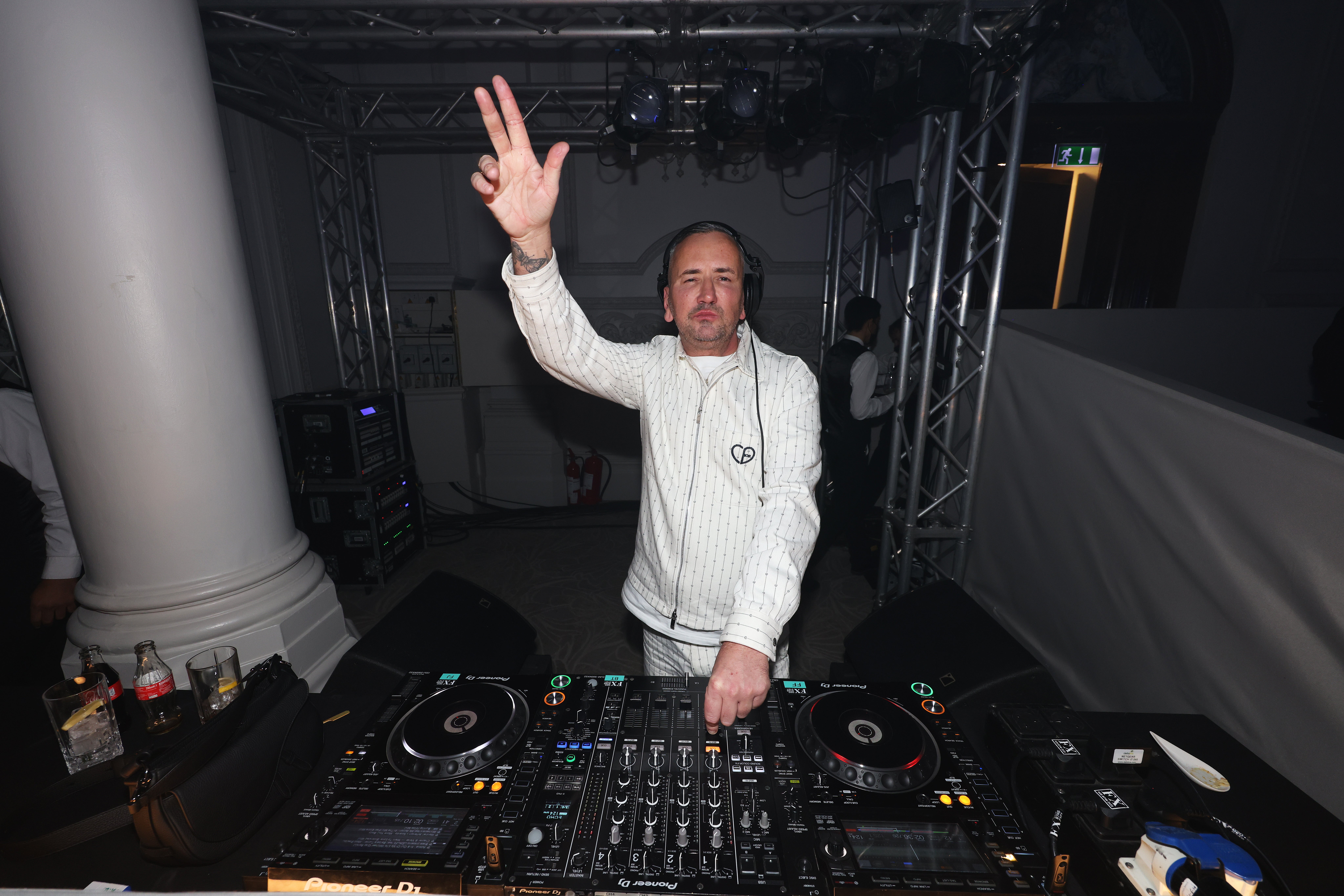
Dubbing us “the new problem generation”, The Economist have the data to back it up; sex: in the four years to 2023, cases of new syphilis infections in those over the age of 65 grew by 31 per cent (despite having already shot up in the previous five years); drugs: in England and Wales deaths of people over 50 made up more than a third of all drug-misuse deaths in 2022, up from just 13 per cent two decades before, and deaths caused by cocaine are now more numerous among the old than the young; Rock’n’roll: not only are Gen-Xers still listening to the same music, the musicians who made it are either still making it or have reformed to make it some more.
It was nice of The Economist to notice. Then, several weeks later, Vogue jumped on the bandwagon – but rather than evince concern, it turns out they’re actually jealous. In a piece entitled, “Hear Me Out: What if Gen Xers Are Actually The Cool Ones?”, a journalist born in the Nineties (therefore a young millennial – 1981-1996) writes, “Alongside all of this finger-pointing among the generations are claims that, ‘Actually, we were the cool ones – no, it was me!’ But what if it’s none of us? What if the cool ones are actually those unbothered people that nobody talks about?”
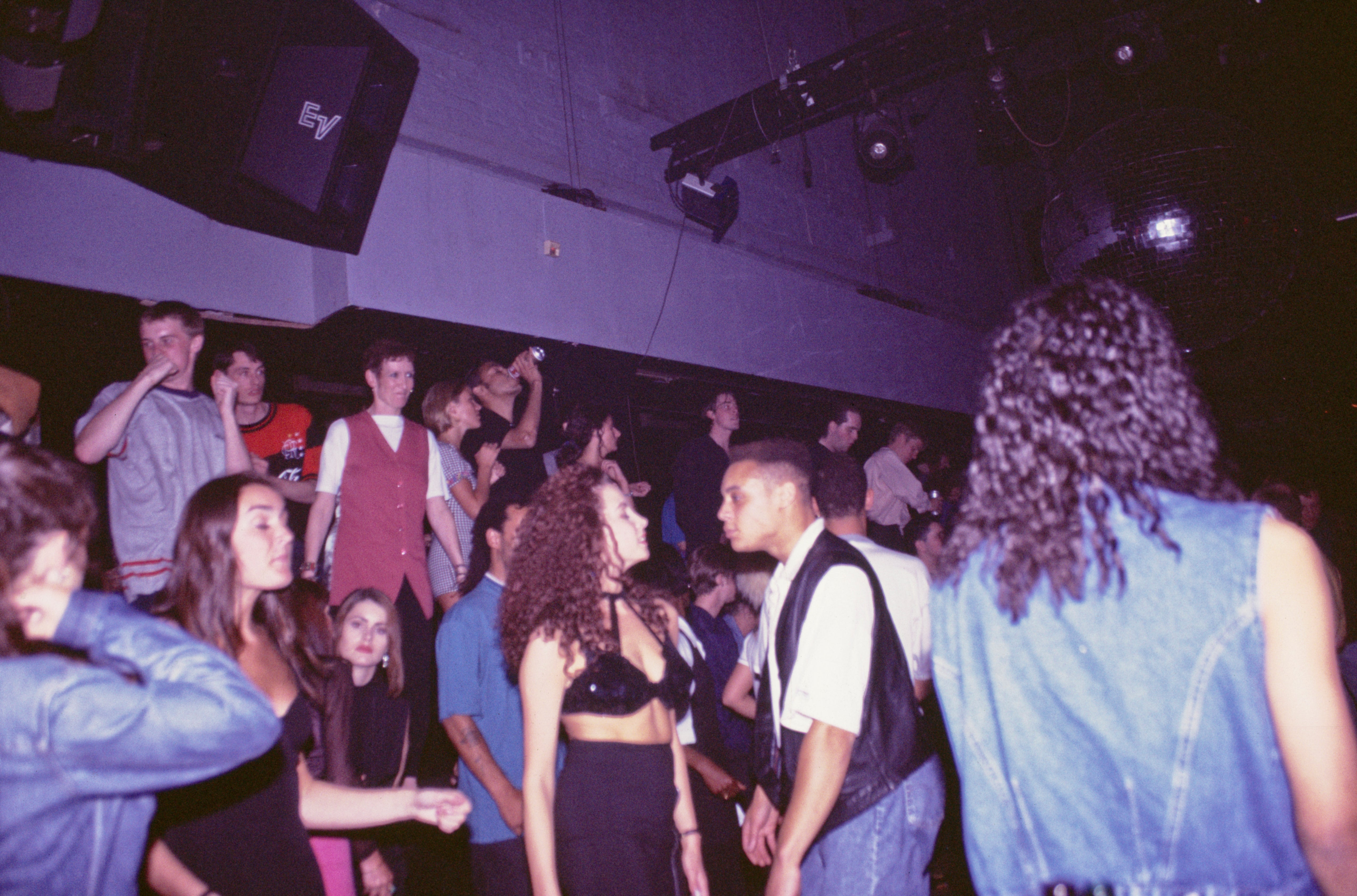
It’s great that they can all find the time between anxiety attacks and discussing their guilt over entitlement, and self-diagnose that they might exist on “the spectrum”, to even think about whether another generation is cool or not, but, seriously, don’t bother. The cool ones have always been the “unbothered people that nobody talks about”. Welcome to the party – it’s been going on for decades, but better late than never. It’s nice that Gen Z (1997-2012) are getting the memo too.
It is our children who are now raiding our wardrobe and wrecking our CDs and vinyl and filling up their Spotify playlists with everything we ever listened to, plus Fontaines DC. We’re on hand with advice about how to deal with anxiety, too. We’ve been there. If you think Donald Trump in the White House, the climate crisis and war in the Middle East and Ukraine are alarming (and they are), or the housing crisis and the creeping menace of AI are causes for concern (again, yes), we have the perspective of living under the threat of imminent nuclear holocaust and had years to work out what we would do in the estimated four minutes between the air attack warning and instant annihilation.
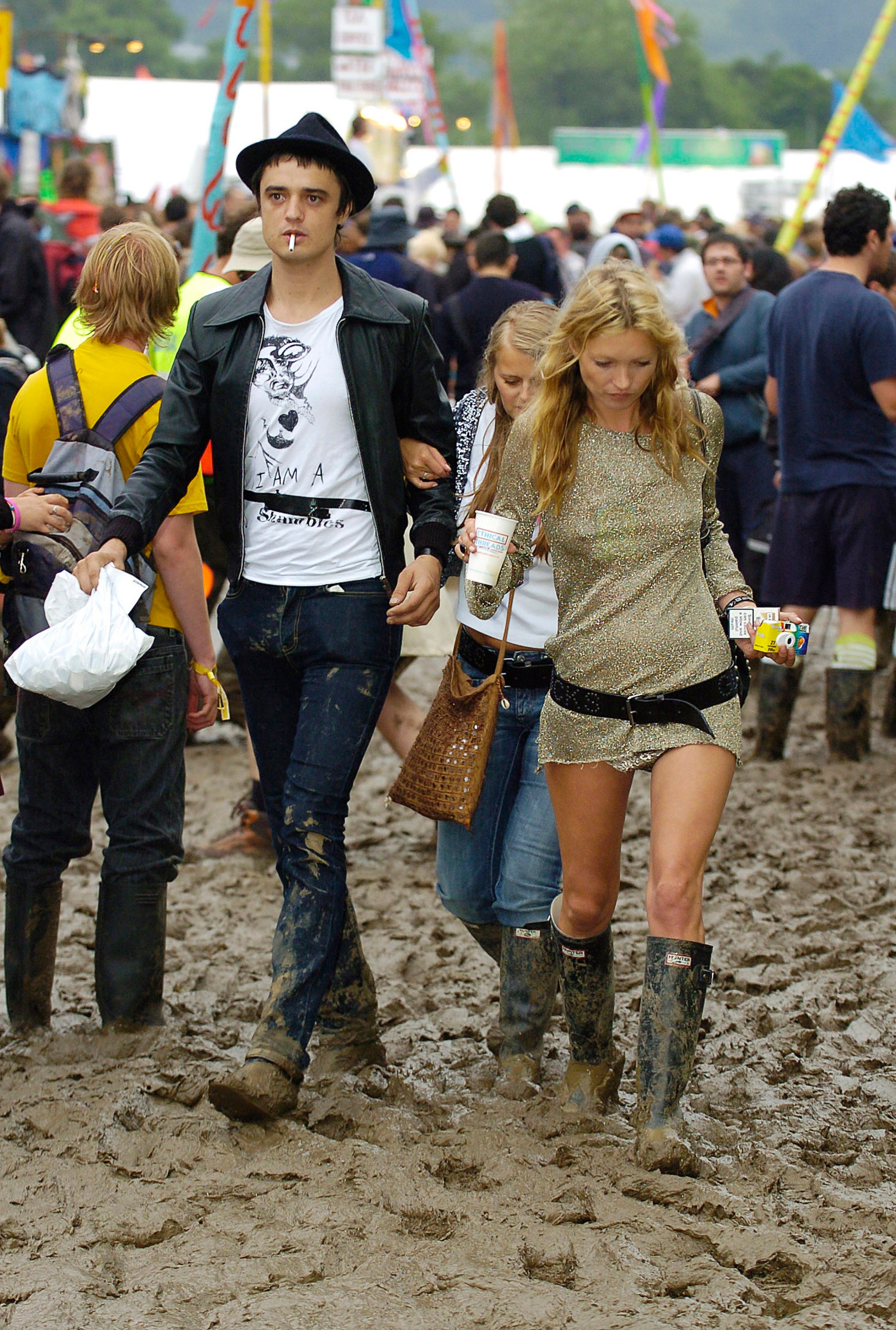
Irish novelist Garrett Carr remembers watching the film Threads on TV in 1984 – with only three channels at the time, we all do. It was an all-too-realistic depiction of a nuclear attack on Sheffield. “I was watching it with my mother and one of her friends,” he recalls. “Her friend said, ‘What would we do with our children if there’s a nuclear war?’ And my mother said, ‘It would be best to just shoot them.’ And I was just sitting there, aged 10, listening.” He can laugh about it now, but then that’s what today’s generations would call a coping mechanism. We had plenty of them, and it’s hardly surprising.
We are the generation that grew up with Margaret Thatcher and 3 million unemployed, interest rates shooting up to 17 per cent, the Yorkshire Ripper, the IRA mainland bombing campaign and Jimmy Savile as the ideal go-to for making children’s dreams come true. Did I mention Aids and the government shock ads that led to millions of young teenagers, gay and straight, associating sex with a long, lingering death?
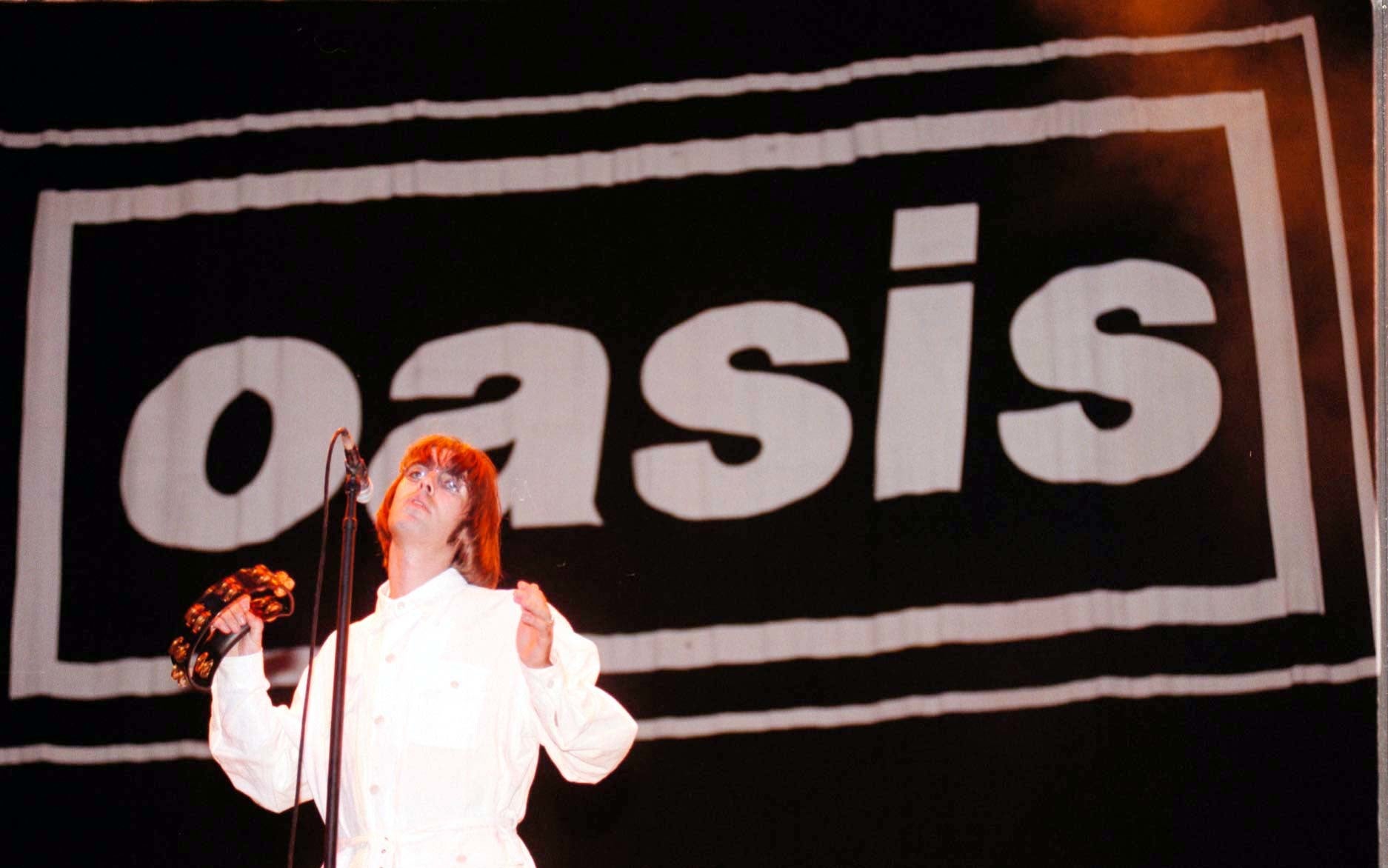
Yes, we had all that, but in a YouGov survey, respondents were asked to assess 16 periods of time throughout history – starting 400 years back – based on quality of life. Two consecutive periods ranked the highest: the 1980s and the 1990s. And, this might be key to why, because we and the cohort of Gen X and so-called geriatric millennials (born roughly between 1981 and 1985, who are now in their early forties), experienced it all together, not in our own isolated, personally curated digital doom-scrolling bubble. We talked, scared each other and even joked about it all, but in a human and connected way. We shared everything from The Smiths’ first LP to Tony Blair’s landslide and Lockerbie to probably even 9/11. We coped together.
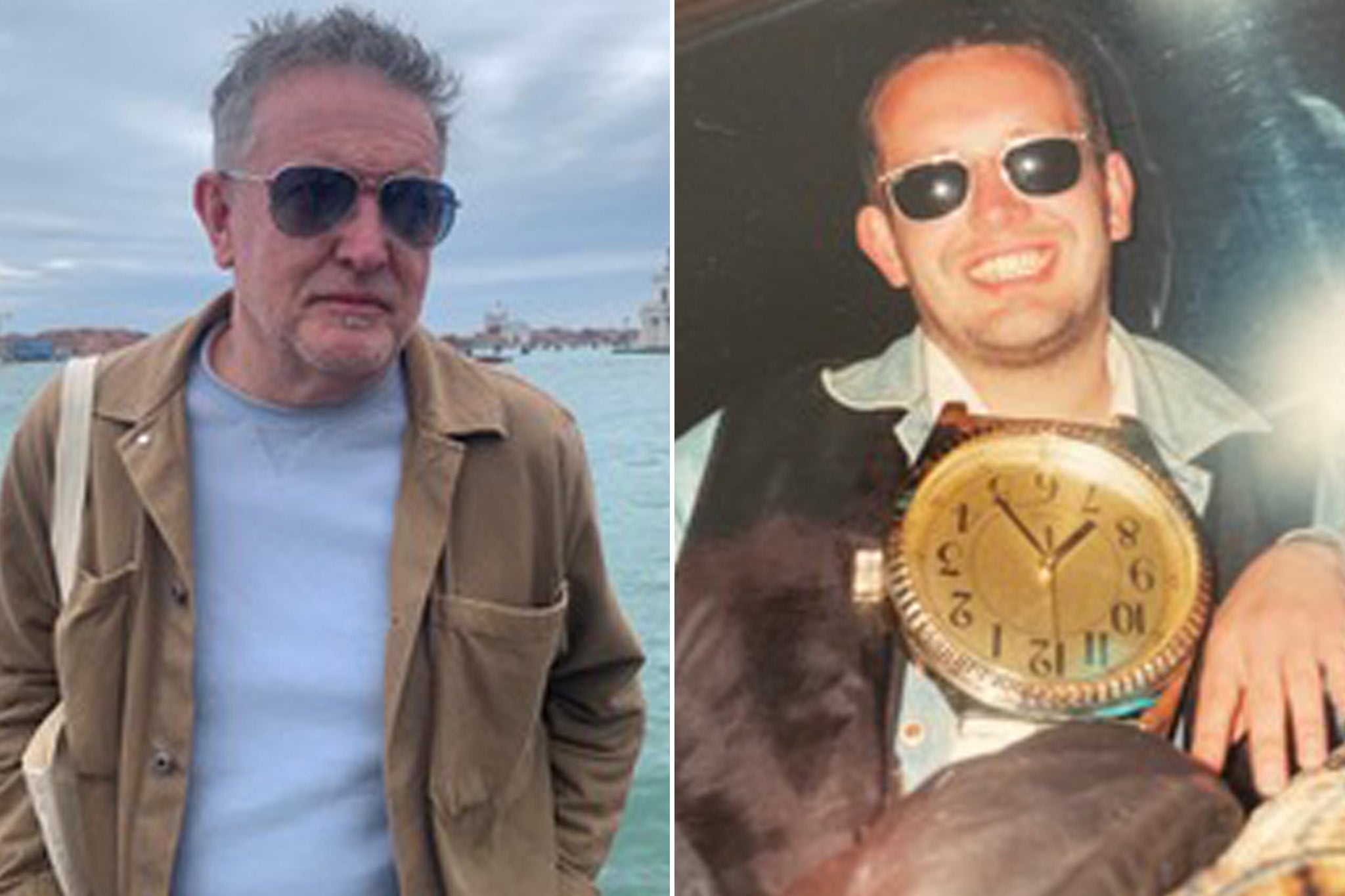
Some eyes might roll when the latest celebrity or reality TV star name-checks a new mental health acronym, but we’ve taken notice of developments in openness and dealing with trauma. Most therapists are now Gen-Xers, but then so are an increasing number of their patients. We adapt, that’s what this generation does, and we’ve learned to do so whilst at the crest of a wave of more rapid and radical technological and societal change than at any other point in human history.
We have taken the digital revolution in our stride, eschewing the elements we don’t need, embracing those we do and remaining brand loyal to the ones we like. We might not text with our thumbs like stenographers on speed, but most of us tend not to send d*** pics either. Bizarrely, you might even see a Gen-Zer today with an old school camcorder as I have done twice recently (“I just like the picture quality,” I was told, “It’s different, warmer, more authentic”), and that’s the thing.
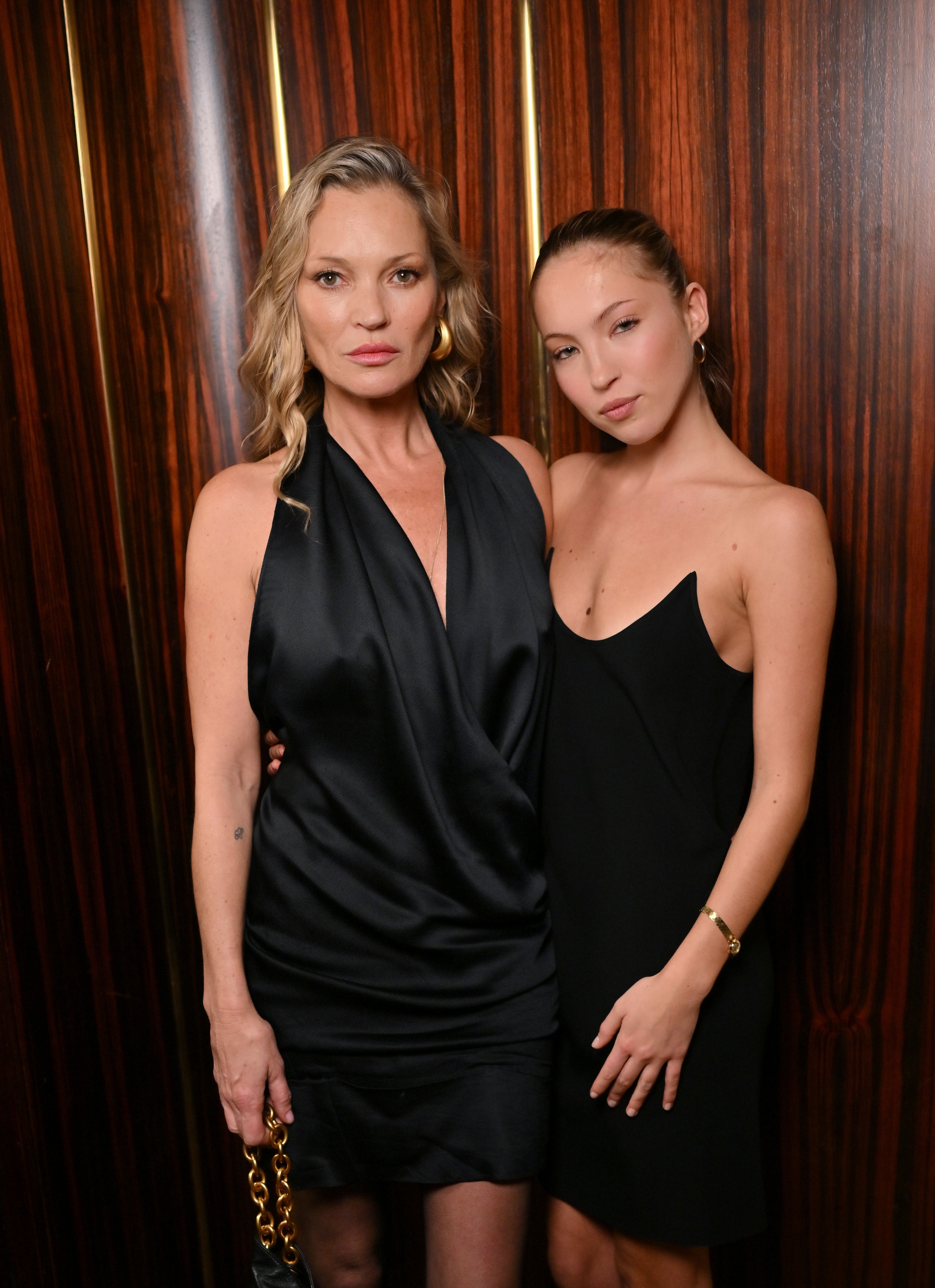
It seems the generations that came after the “forgotten” Generation X seem to think we might be onto something (and probably also on something at the same time). Gen X parents took their Gen Z kids to “The Face Magazine: Culture Shift” exhibition at the National Portrait Gallery – they soaked up its vibe and are now busy reinventing it for a new tribe. This summer’s Oasis reunion will be an even split between kids on energy drinks and vapes and their fiftysomething dads with “well-end” haircuts (the mod look a la Paul Weller but not always flattering on the older gentleman). And it’s not just the music and fashion our children are buying into either. It is what bestselling author and former Indy journalist Jojo Moyes believes to be a state of mind.
“I’m 55,” she explains, recently divorced and seeing an old flame from the 1990s. “When my nan was my age, she had a blue rinse. I’m still trying to get into my leather jeans and my bovver boots… It’s not even like mutton dressed as lamb. We just have a completely different worldview.”
And that is what Gen Z noticed or seemed to have instinctively felt (they are our children after all). In difficult and dangerous times, there is only one thing for it. It’s time to “party like it’s 1999”. Or, maybe, even 1992.

Join our commenting forum
Join thought-provoking conversations, follow other Independent readers and see their replies
Comments